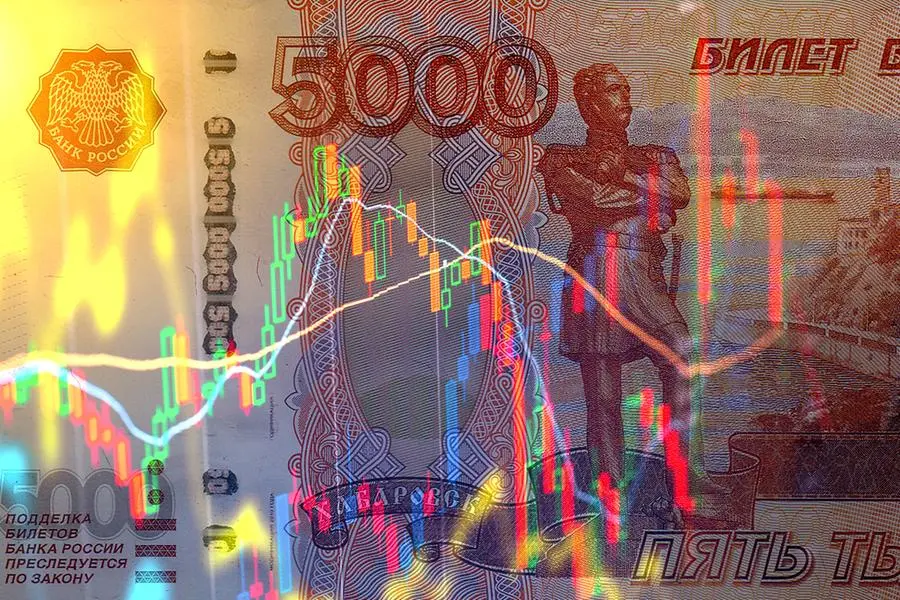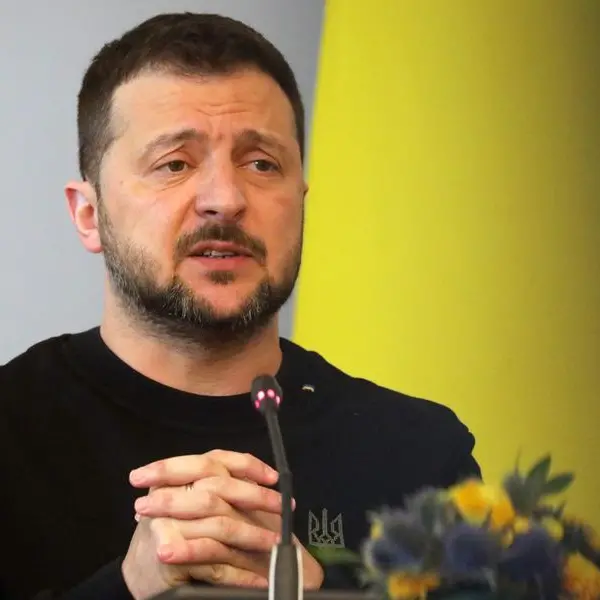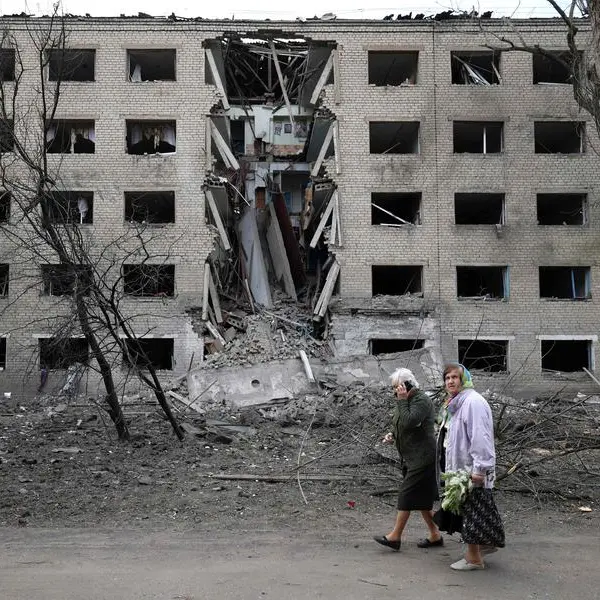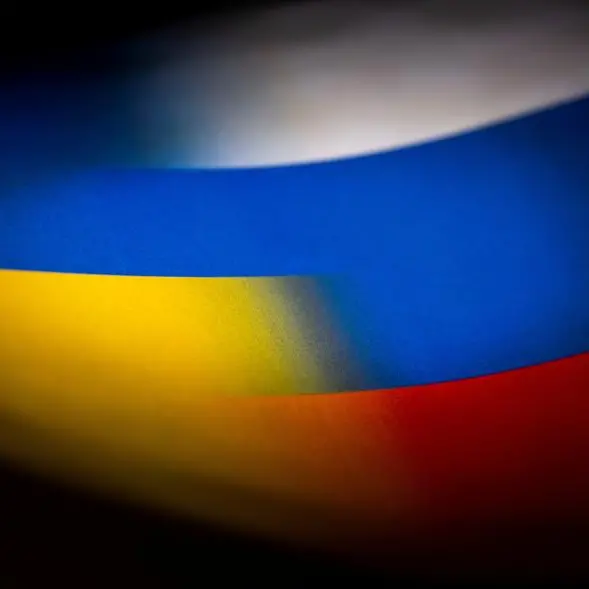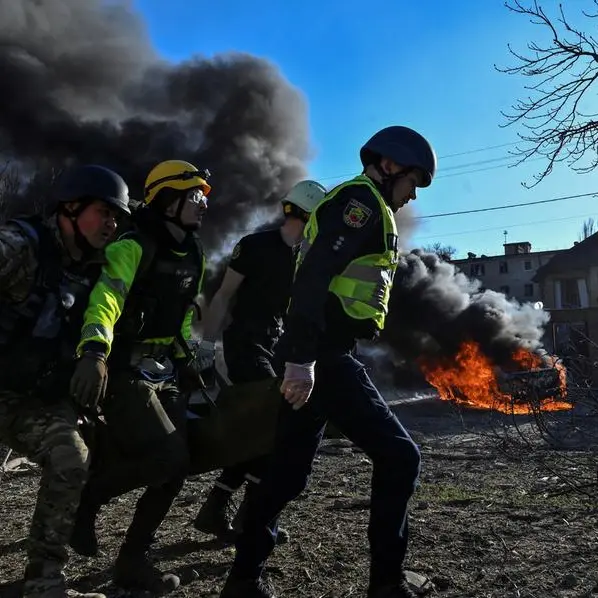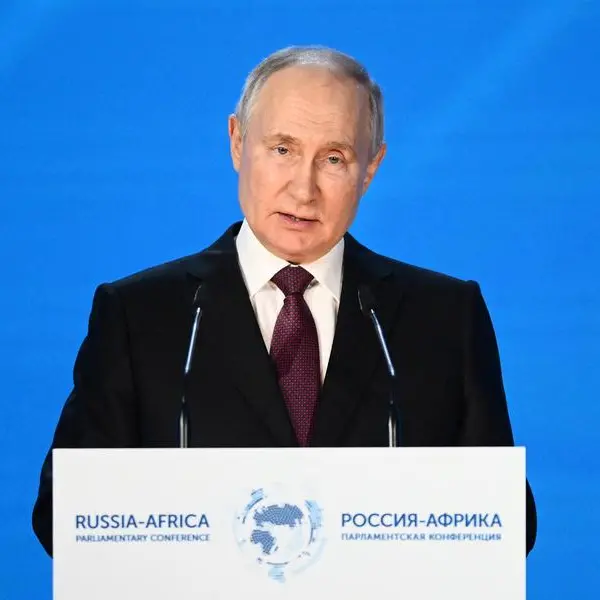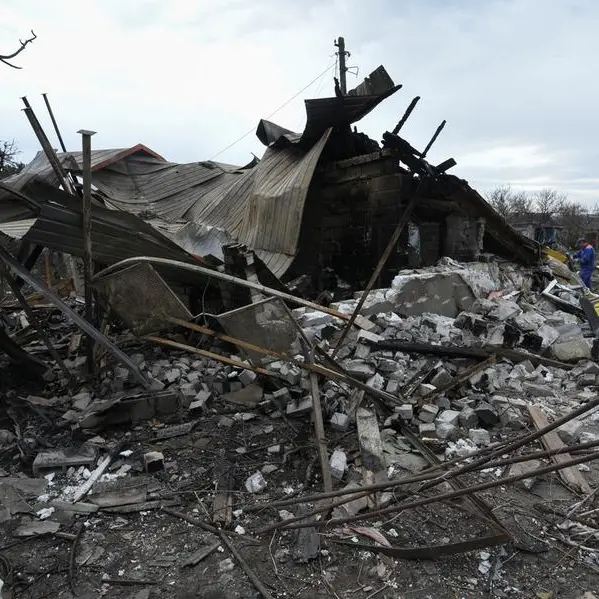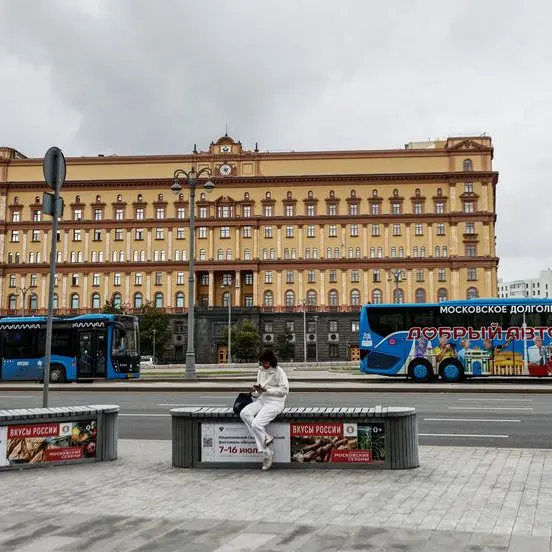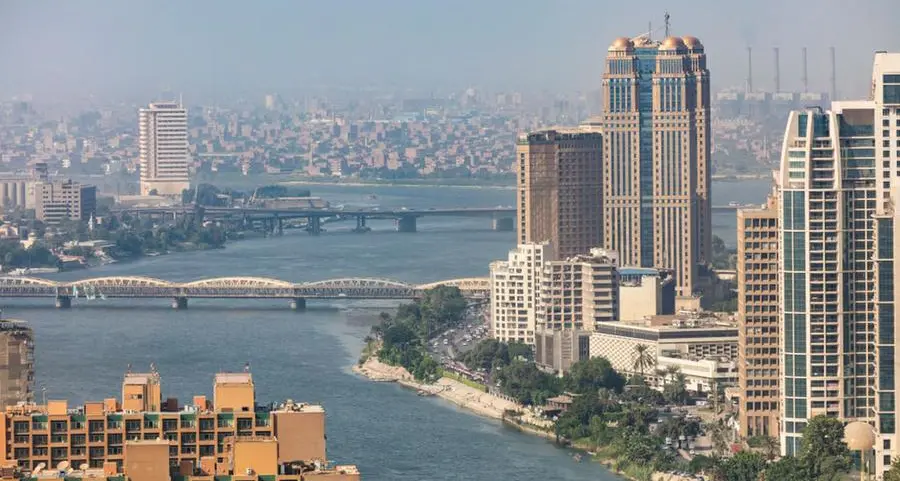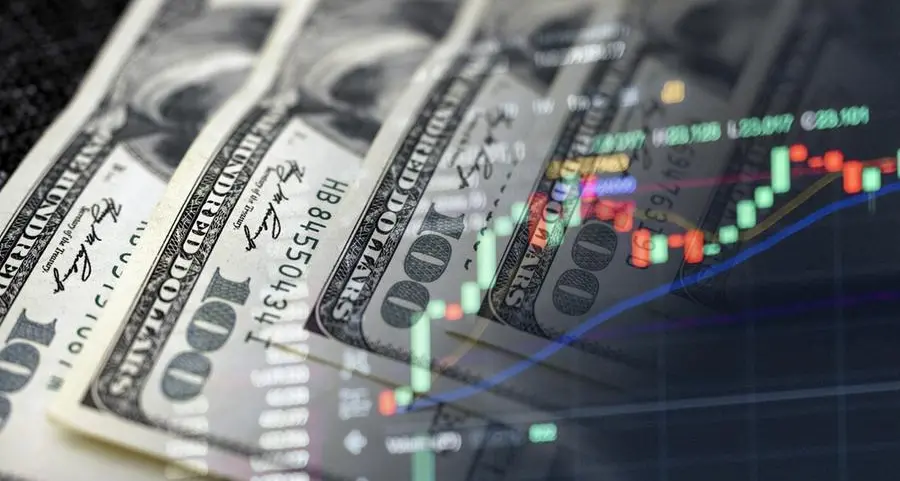PHOTO
The MENA region has broadly taken a neutral stance towards the Ukraine crisis, but the macro-economic impact of sanctions on Russia by the west can be substantial, according to an analyst.
M R Raghu, CEO of Marmore MENA Intelligence, said countries within the GCC have verbally condemned the growing humanitarian crisis resulting from the invasion of Ukraine, but at the same time have refrained from imposing any economic sanctions on Russia.
“The OPEC+ stuck to its previously agreed production increases, not paying too much heed to the western demands of increasing the production further,” he said.
“Although no sanctions apply to the GCC states, the macro-economic impact of sanctions on Russia by the west can be substantial.”
Trade between the GCC and Russia has grown significantly over the last decade, said Raghu.
The UAE’s state news agency WAM reported at the end of last year that UAE-Russia trade would reach $4 billion in 2021, up from $3.3 billion in 2020.
The Observatory of Economic Complexity (OEC) reported that Russian exports to Saudi Arabia reached
$1.25 billion in 2019, with the main exports being barley, aircraft launch gear and refined petroleum. Meanwhile, Saudi exports to Russia were valued at $229 million to Russia, with chemicals the main exports.
Raghu said: “Amid escalating economic sanctions on Russia, GCC countries play an important role but the same remains highly dependent on the bilateral dialogue between the countries.”
He concluded: “GCC countries are invested in Russia’s long-term infrastructure projects. On the other hand, Russia’s agricultural exports could help the region keep its food prices in check. Thus, bilateral negotiations are beneficial for both parties.”
(Writing by Imogen Lillywhite; editing by Daniel Luiz)
